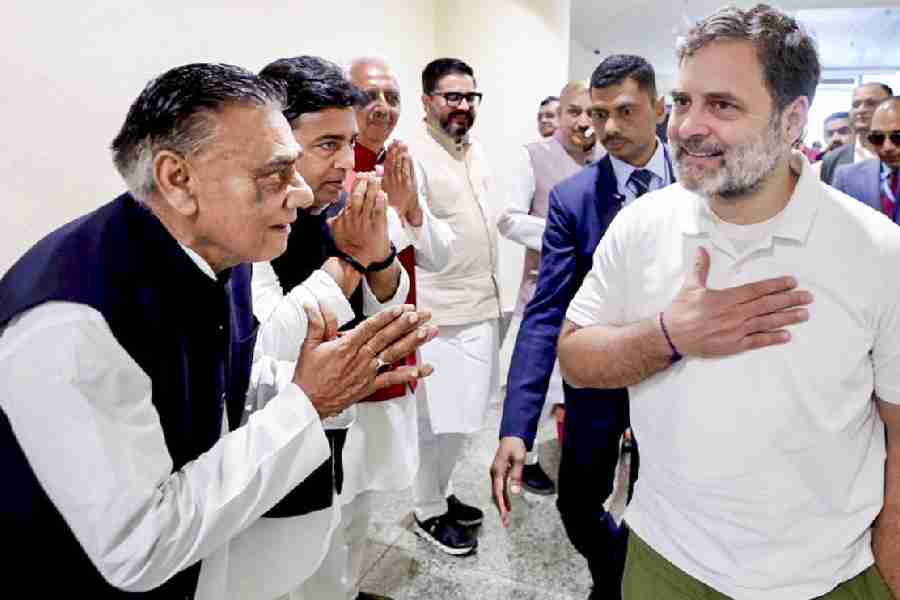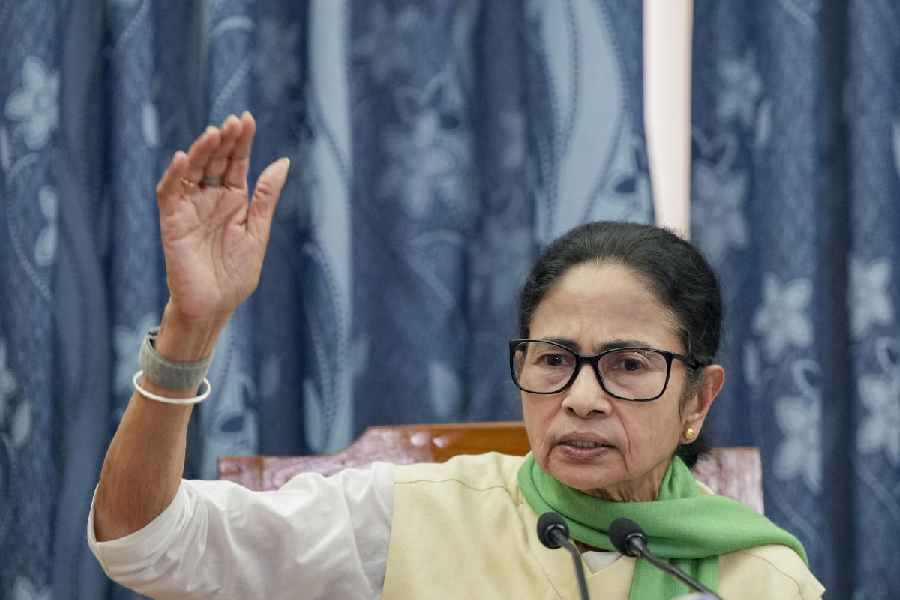Health insurance plays a crucial role in ensuring financial security against exorbitant medical expenses. But insurance coverage for mental health ailments seems to have fallen through the cracks in India. Fresh data published by the insurance entity, Marsh McLennan India, and Mpower, an education trust of a business group, have laid bare some disquieting truths. According to their RiseUP for a Better Tomorrow: Mental Health Report 2025, less than 1% of total health insurance claims in India are for treatment for mental health. Neither are mental health cover benefits offered in group insurance plans by 43% of insurers. This glaring lopsidedness is notwithstanding the fact that the Mental Healthcare Act 2017 mandates mental health coverage in insurance plans on a par with that in physical health. Further, the Insurance Regulatory and Development Authority of India’s 2019 guidelines directed insurance service providers to include mental illnesses.
Despite the legal shield as well as the stipulation by the IRDAI, a wide chasm exists between the requirements and the reality owing to several factors. First, there is an acute lack of awareness among consumers. The report found that 42% of respondents either do not have access to insurance or, worse, are not even aware that one can be insured against mental disorders; unsurprisingly, 83% of insurance companies reported minimal claims utilisation. Second, gaping flaws persist in the design and the implementation of insurance policies. The scope of most policies is limited to hospitalisation and does not cover outpatient expenditure for medication and therapy — often a protracted, lifelong process. The exclusion of mental health afflictions arising out of alcohol addiction or substance abuse and suicides, along with long waiting periods for receiving payouts, are some other hurdles preventing Indians from availing of such insurance. Social stigma around mental health is a major hindrance. As many as 48% of the respondents, the report showed, fear that they would be discriminated against if their mental health requirements were to get discovered. Government data complement these dim realities. The National Mental Health Survey of 2015-2016 found that 70-90% of mental health patients do not receive any treatment and that 60-70% of mental healthcare costs were paid for out-of-pocket. Even the government’s much-touted Ayushman Bharat Yojana has failed to provide holistic coverage.
The World Health Organization estimated that 60-70 million Indians suffer from mental health disorders. Nations like the United States of America and the United Kingdom have integrated outpatient services with mental health insurance. These can serve as templates for India, which continues to ignore a burgeoning mental health crisis.










